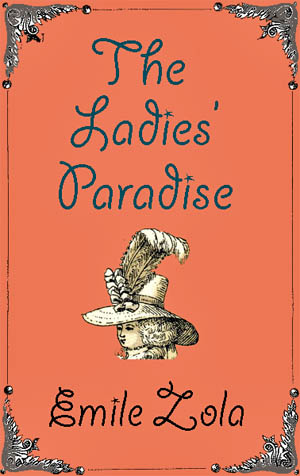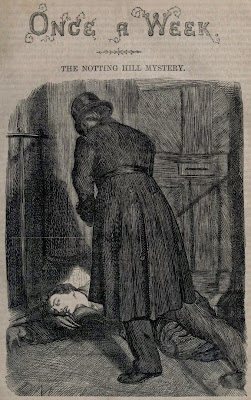 Original Publication Date: 1822
Original Publication Date: 1822Genre: fairy tale, fantasy
Topics: trust, love, friendship, coming of age, forgotten for a reason
Review by heidenkind:
Peregrinus Tyss is an odd duck. If he was living in the 21st century, he'd probably be diagnosed with Asperger's; but as it is, he lives in 19th-century Frankfurt and people just assume he's stupid.
Since Peregrin is an orphan and has no friends, every Christmas he picks one family and brings a bunch of presents to them dressed as Santa. But while delivering presents to a bookseller and his children, Peregrin is assaulted by a strange, beautiful woman who acts like she knows him. This lady is obviously Bad News (obvious to the reader, that is); fortunately for Peregrin, he's managed to collect Master Flea, whom the woman needs to keep herself alive. Grateful for Peregrin's protection, Master Flea helps him navigate the waters of social life among the muggles and the mythical beings that suddenly surround him.
I enjoyed Master Flea at first, but as the story went on it started to wear on me. First of all, the eponymous Flea doesn't even show up until the "Third Adventure," nearly halfway through the book! Before that, we are introduced to Peregrin, a femme fatale named alternatively "fair Alina," Dörtje Elverdink, and a mythical princess called Gamaheh of Famagusta; a guy named George Pepusch, who's actually the Thistle of Zeherit; Pepusch's bestie, Leuwenhock, who's actually a magician; Peregrin's lodger, who's Leuwenhock's nemesis and fellow magician; and et. al. I probably forgot a few people there, but you get the idea. This is the type of book where everyone has two or three names, like Lord of the Rings, only not as tolerable. And I was never able to get through Lord of the Rings, sooooooooo.
This is also the type of book where there's only one female character, and she's not really a character, more of a MacGuffin. Alllllllll the men in this story are after Alina/Dörtje/Gamaheh, for no reason I could see because she's a total bitch. But she is beautiful, so I suppose that's all that matters.
There are some fun scenes in Master Flea, like when Master Flea gives Peregrin a glass that lets him see what people are *really* thinking when they talk to him (the glass, incidentally, is a small concave disk that fits over his eye, and to take it out he leans over and blinks very wide and it pops out and back into its box–so, ETA Hoffmann basically invented contact lenses). Naturally, whatever they're thinking is the exact opposite of what they're saying. But this went on for way too long and there was way too much of it.
The book also bounced around a lot and there was a ton of information about other fairies and mythical creatures, most of which I not only didn't care about but was annoyed with, considering keeping the thrice-named circus of the regular characters straight was exhausting enough.
Finally, I found the conclusion to be extremely irritating.
Master Flea a really weird book. Like, REALLY weird. It's over-the-top and all over the place. I probably wouldn't recommend this book to anyone, and I think I'm going to avoid ETA Hoffmann books in the future from now on. Sorry, ETA.
Download Master Flea by ETA Hoffmann at Project Gutenberg|Librivox

.jpg)




















